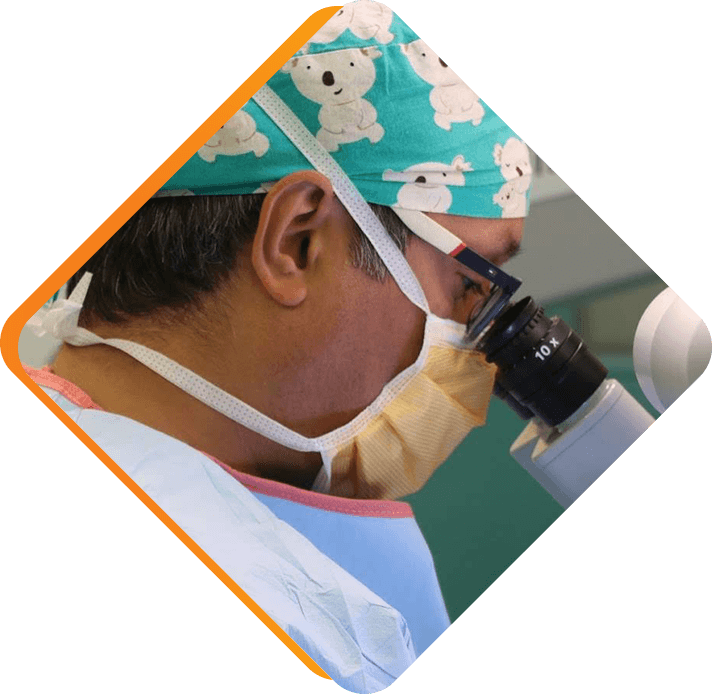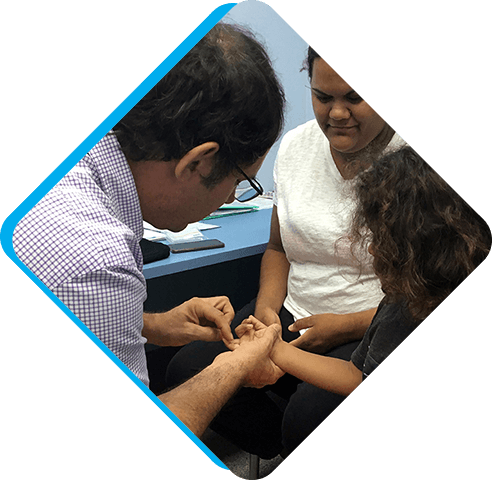Acknowledgement of Country
In the spirit of reconciliation, CheckUP acknowledges the Traditional Custodians of country throughout Australia and their connections to land, sea and community. We pay our respect to their Elders past and present and extend that respect to all Aboriginal and Torres Strait Islander peoples today.
Aboriginal and Torres Strait Islander peoples should be aware that this website contains images or names of people who have passed away.

